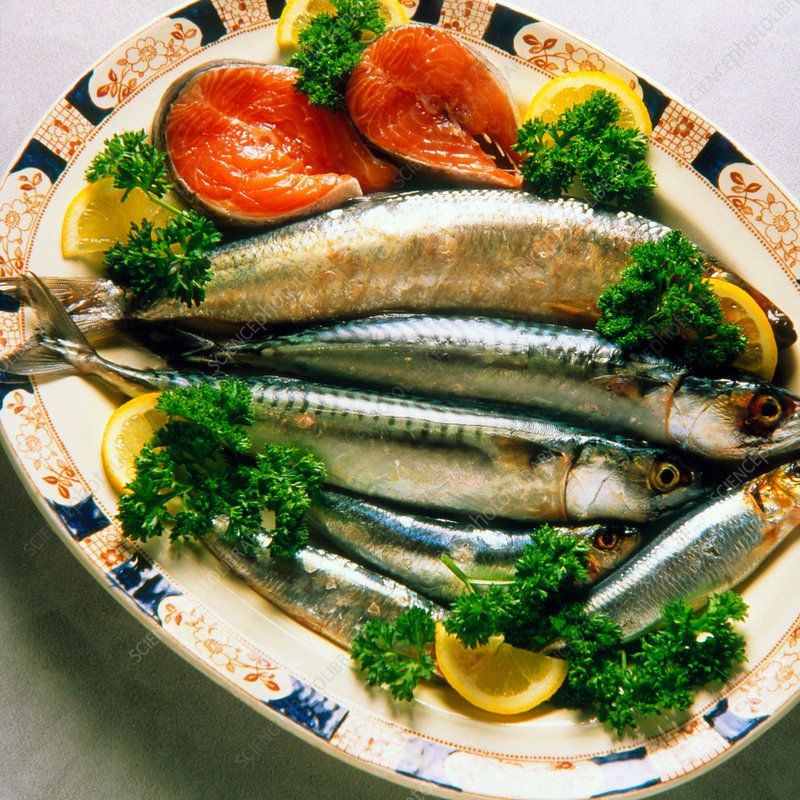It’s widely recognized that maintaining a balanced diet is crucial for bolstering immune health, especially in light of the COVID-19 pandemic. Individuals with pre-existing health conditions are particularly susceptible to adverse effects from the virus. Research indicates specific foods that can effectively boost immunity. It’s advisable to incorporate these foods into daily consumption, particularly for vulnerable populations like the elderly. Encouraging one’s parents to adopt these dietary practices not only benefits their health but also provides added protection for oneself.
Maintaining a nutritious and well-rounded diet is essential for long-term immune system health. Certain foods have been identified as beneficial for boosting immunity.
1: Dark Chocolate

Dark chocolate is renowned for its abundance of antioxidants, particularly theobromine, which plays a vital role in cellular health and immune system enhancement. These antioxidants shield our cells from harmful molecules known as free radicals.
These molecules are byproducts generated by the body during the breakdown of pollutants and food. Essentially, they represent the residual waste following the body’s utilization of energy or combat against harmful pollutants. Their potential to damage cells and potentially contribute to various diseases is well-documented.
It is imperative to emphasize that while dark chocolate offers health benefits, moderation in consumption is advised due to its high calorie content and saturated fat content.
Dark chocolate typically contains 580 calories per 100 grams, whereas milk chocolate contains only 534 calories per 100 grams.
2: Fish (Oily)

Fish, such as tuna, pilchards, salmon, sardines, and mackerel, are rich sources of omega-3 fatty acids.
According to a report published in 2014 (accessible at https://ard.bmj.com/content/73/11/1949), sustained intake of omega-3 fatty acids may potentially lower the risk of rheumatoid arthritis (RA).
Rheumatoid arthritis (RA) is a condition characterized by the body’s immune system mistakenly targeting healthy tissues, perceiving them as foreign entities.
3: Sweet Potato
Sweet potatoes are readily available at most grocery stores and are recommended due to their high beta carotene content, which acts as an antioxidant. Additionally, beta carotene is responsible for the vibrant orange hue of sweet potatoes.
Beta carotene serves as a potent precursor to Vitamin A, which plays a crucial role in protecting the body against skin damage caused by ultraviolet (UV) rays.
4: Spinach
Similar to the portrayal in cartoons from our childhood, spinach, famously associated with Popeye the Sailor man, is rich in essential nutrients including Vitamin E, Vitamin C, flavonoids, and carotenoids.
Vitamin C aids the human body in its defense against the common cold.
5: Garlic
Garlic is a widely recognized ingredient utilized across various cuisines globally, renowned for imparting a distinct and flavorful element to dishes.
Garlic is acknowledged for its significant cardiovascular benefits, as it aids in the prevention of arterial hardening. Its immune-boosting properties are attributed to its high concentration of sulfur-containing compounds, particularly allicin.
6: Ginger
Another widely used ingredient found in various dishes and also enjoyed in the form of tea.
Ginger is known for its immune-boosting properties and its ability to lower blood pressure. It is widely utilized across the globe, particularly in Southeast Asia, for its effectiveness in reducing chronic pain.
7: Green Tea
In British culture, the absence of tea consumption is almost unthinkable. Green tea stands out as one of the most readily accessible varieties. Pairing it with freshly sliced ginger creates a potent immune-boosting combination.
Green tea serves as a detoxifying agent, aiding in the elimination of toxins from the body and supporting weight reduction. Additionally, blueberry green tea is enriched with immune-boosting flavonoids, which can help mitigate the risk of contracting common colds or influenza.
8: Sunflower Seeds
Sunflower seeds are frequently incorporated into salad recipes or included in breakfast bowls. They are notably rich in Vitamin E.
As previously noted, Vitamin E assists the body in combating free radicals, which have the potential to harm the immune system.
9: Almond
An alternative high-quality source of Vitamin E is almonds. Consider incorporating a daily serving of almonds into your snacking routine.
10: Red bell pepper
Spices add flavor to our meals, and red bell pepper is a staple ingredient in various dishes. It is notably rich in Vitamin C.
11: Yoghurt
A nutritious serving of yogurt can greatly benefit your immune system, particularly Greek yogurt, which contains beneficial cultures. Ensure to review the label for accurate information.
To enhance the flavor, consider incorporating fresh fruits such as strawberries and bananas, which provide potassium, along with a drizzle of honey.
Yogurt serves as an excellent source of Vitamin D, aiding the body in combating infections and bolstering overall immune function. Additionally, its probiotic content contributes to gut health and protection.
12: Turmeric
You might encounter it in your culinary endeavors, particularly when preparing curries. Known for its vibrant yellow color, strong aroma, and slightly bitter taste, this ingredient has been utilized globally for centuries for its purported anti-inflammatory properties. Research suggests it contains a high concentration of curcumin, responsible for its distinct hue, and may aid in reducing muscle damage. Additionally, it is believed to possess antiviral properties. Mixing a teaspoon with a cup of milk and consuming it promptly is recommended. With time, one can become accustomed to the flavor, leading to potential health benefits.
13: Papaya
Papayas are notably rich in Vitamin C, containing twice the amount found in many other fruits. Additionally, they contain the enzyme papain, known for its digestive aid properties and anti-inflammatory effects. Papayas also provide potassium, which can assist in managing anxiety, as well as magnesium and folate, all contributing to overall immune system support during periods of infection.
14: Kiwi
Not to be confused with the animal, kiwi fruit is abundant in Vitamin K, Vitamin C, potassium, and various other beneficial compounds. These nutrients contribute to boosting white blood cell count, thereby enhancing the body’s ability to combat infections.
15: Poultry
Recall the comforting remedy from our grandmothers: the healing soup. This nourishing broth, often made with chicken or turkey, provides essential Vitamin B-6, crucial for red blood cell production.
Poultry broth is also beneficial for addressing gastrointestinal issues, offering relief from stomach discomfort.

